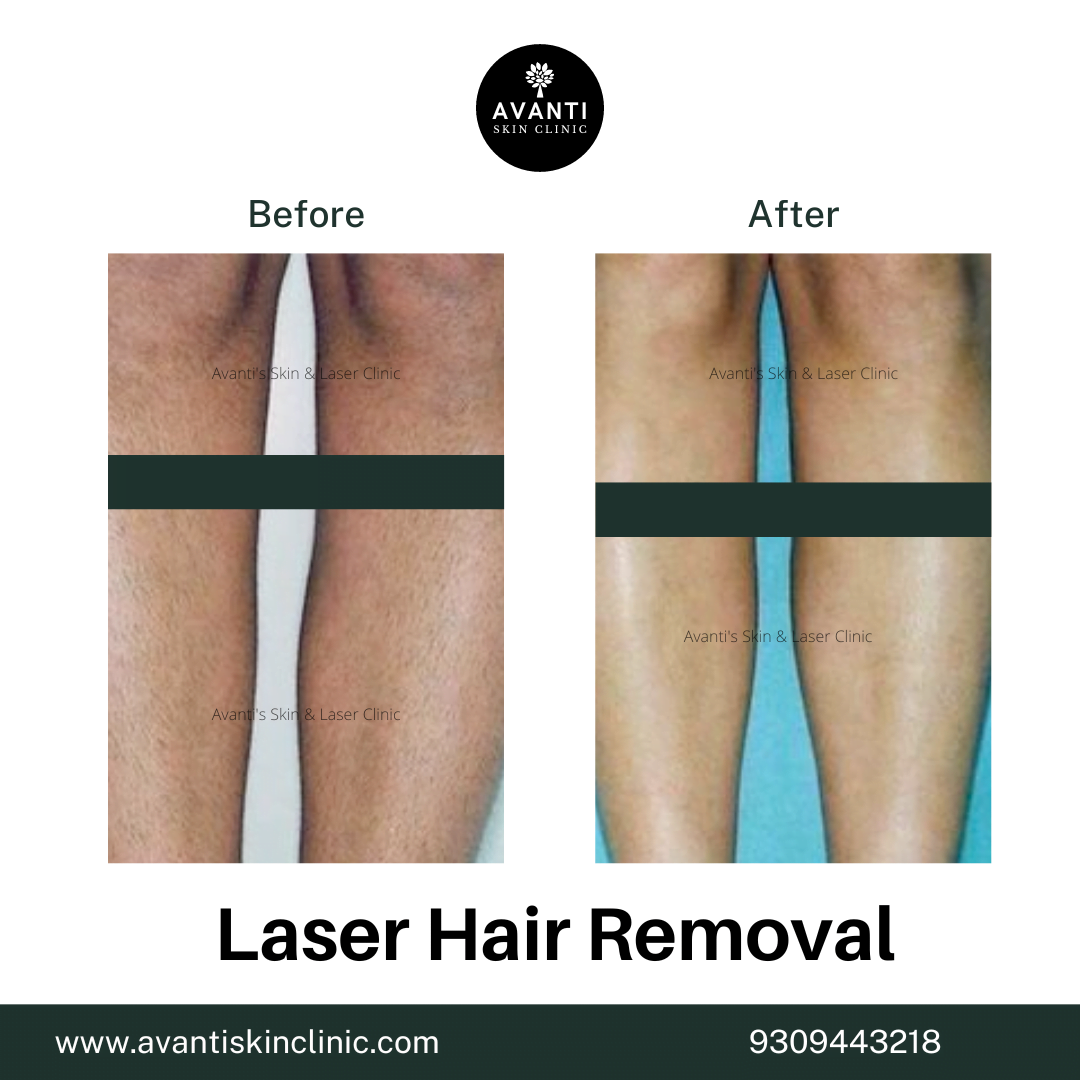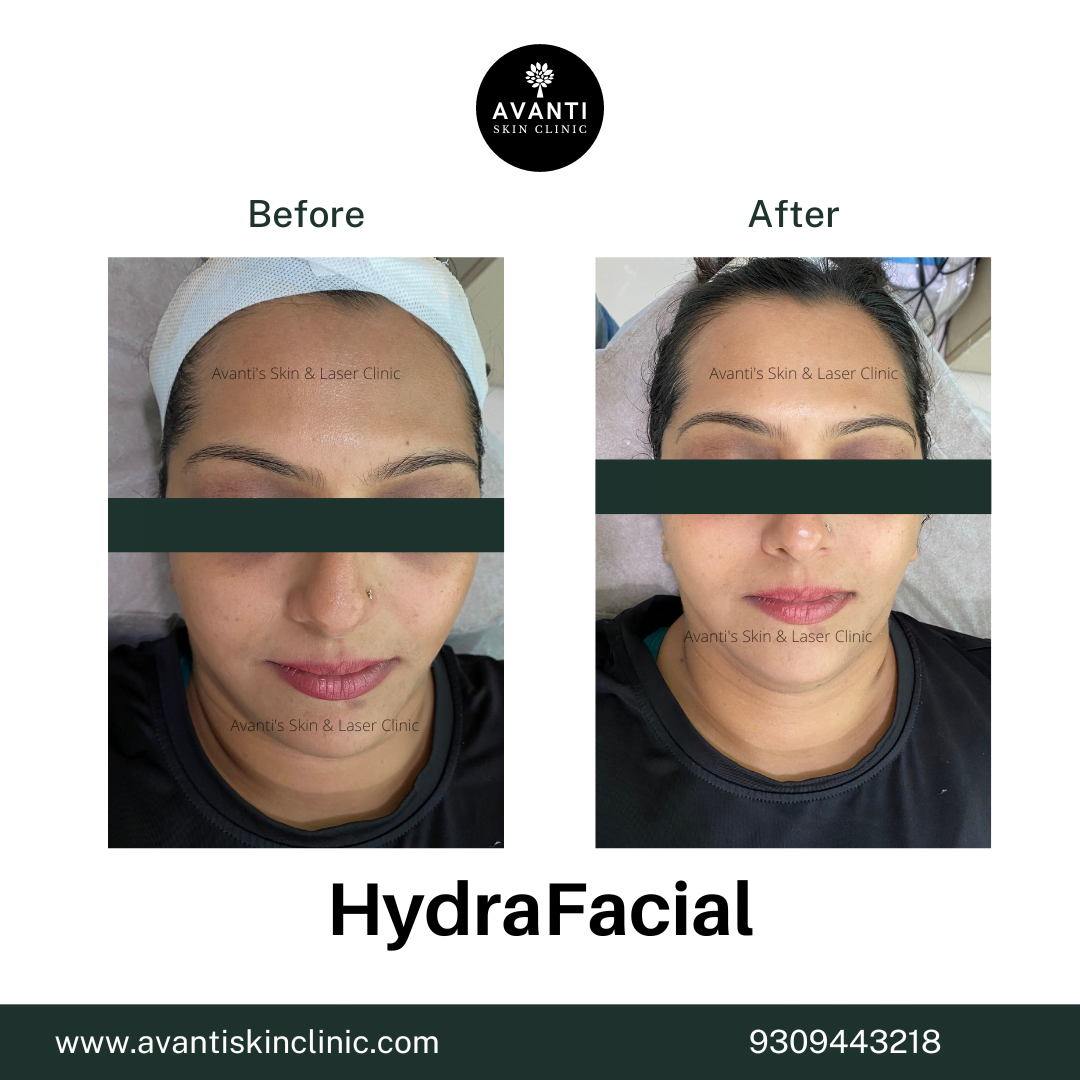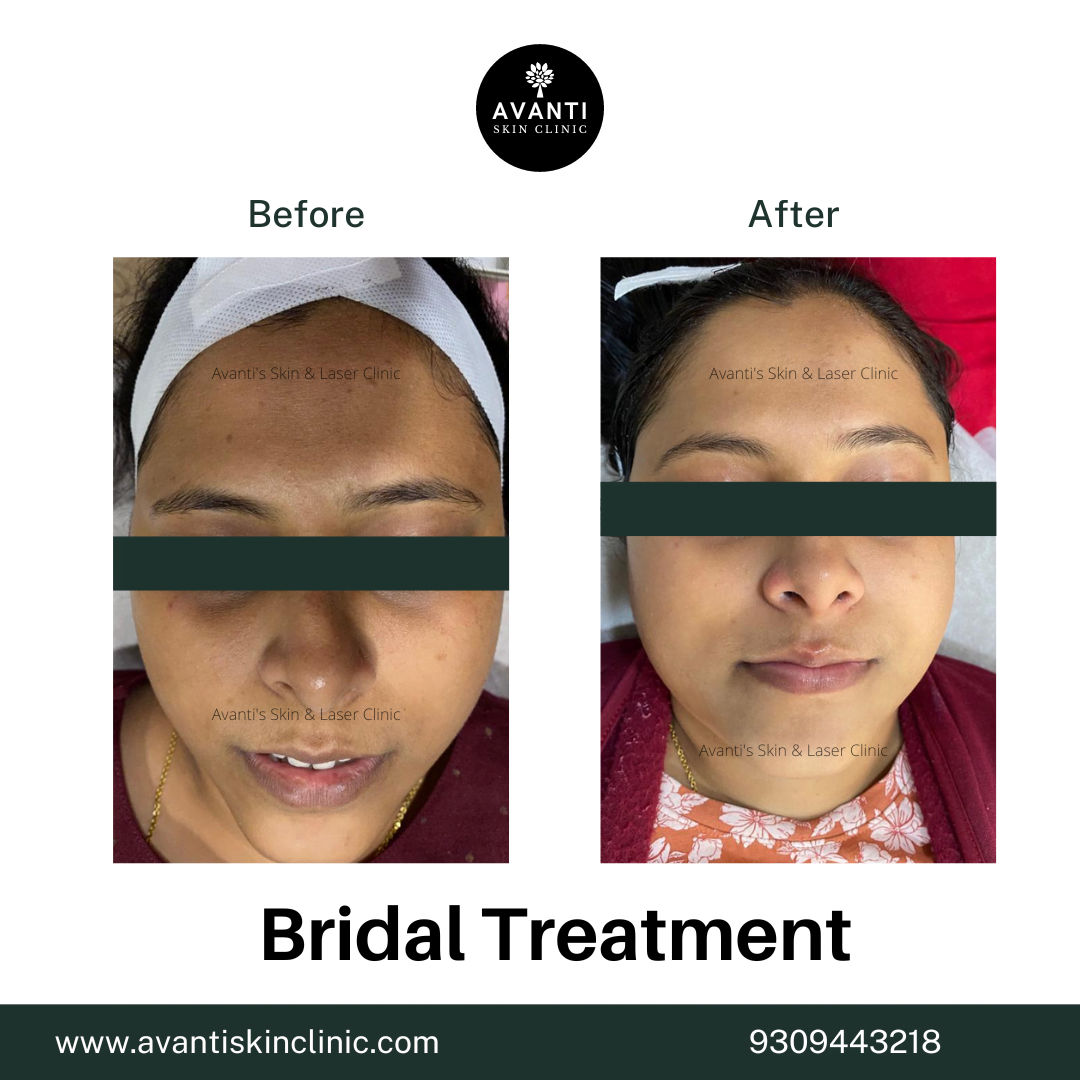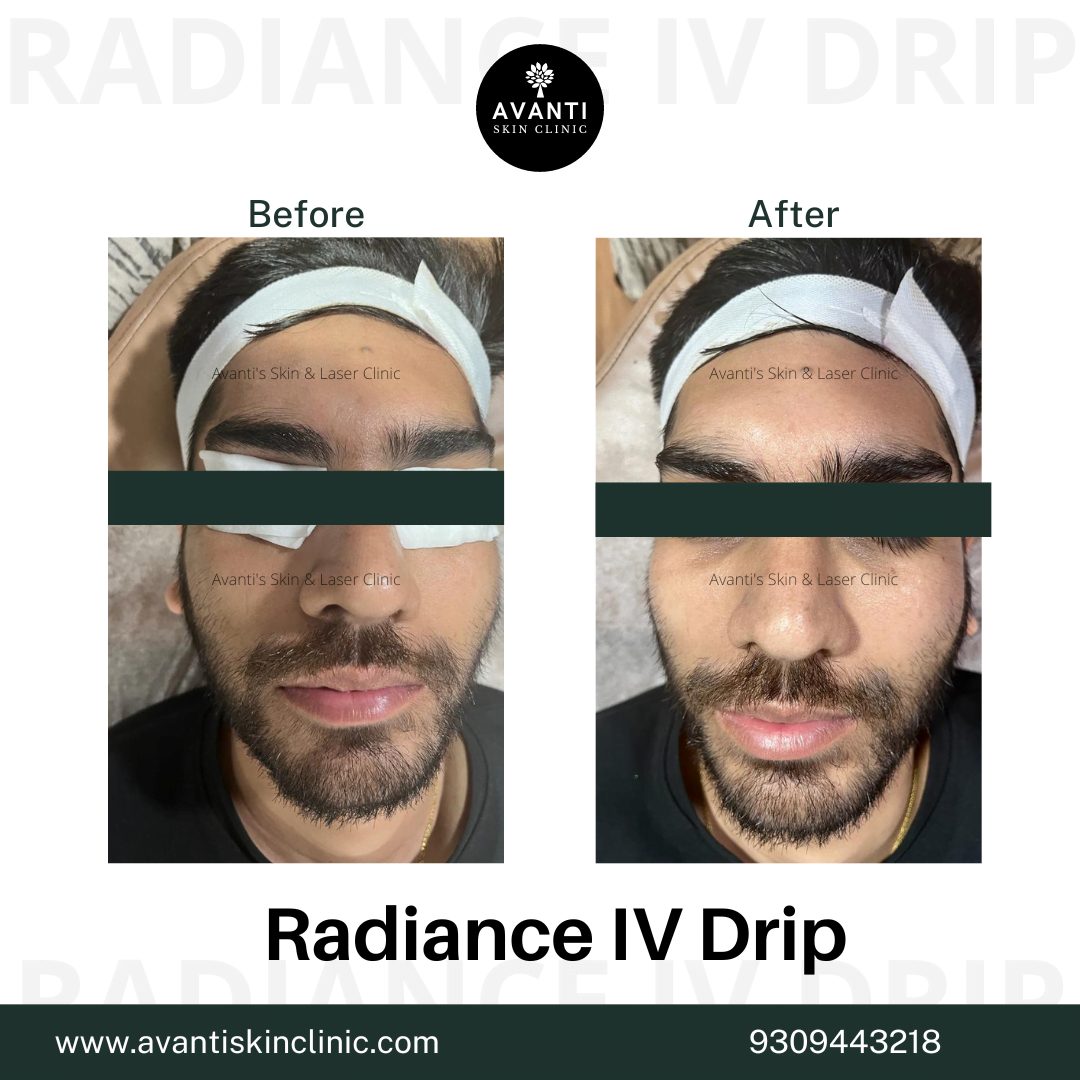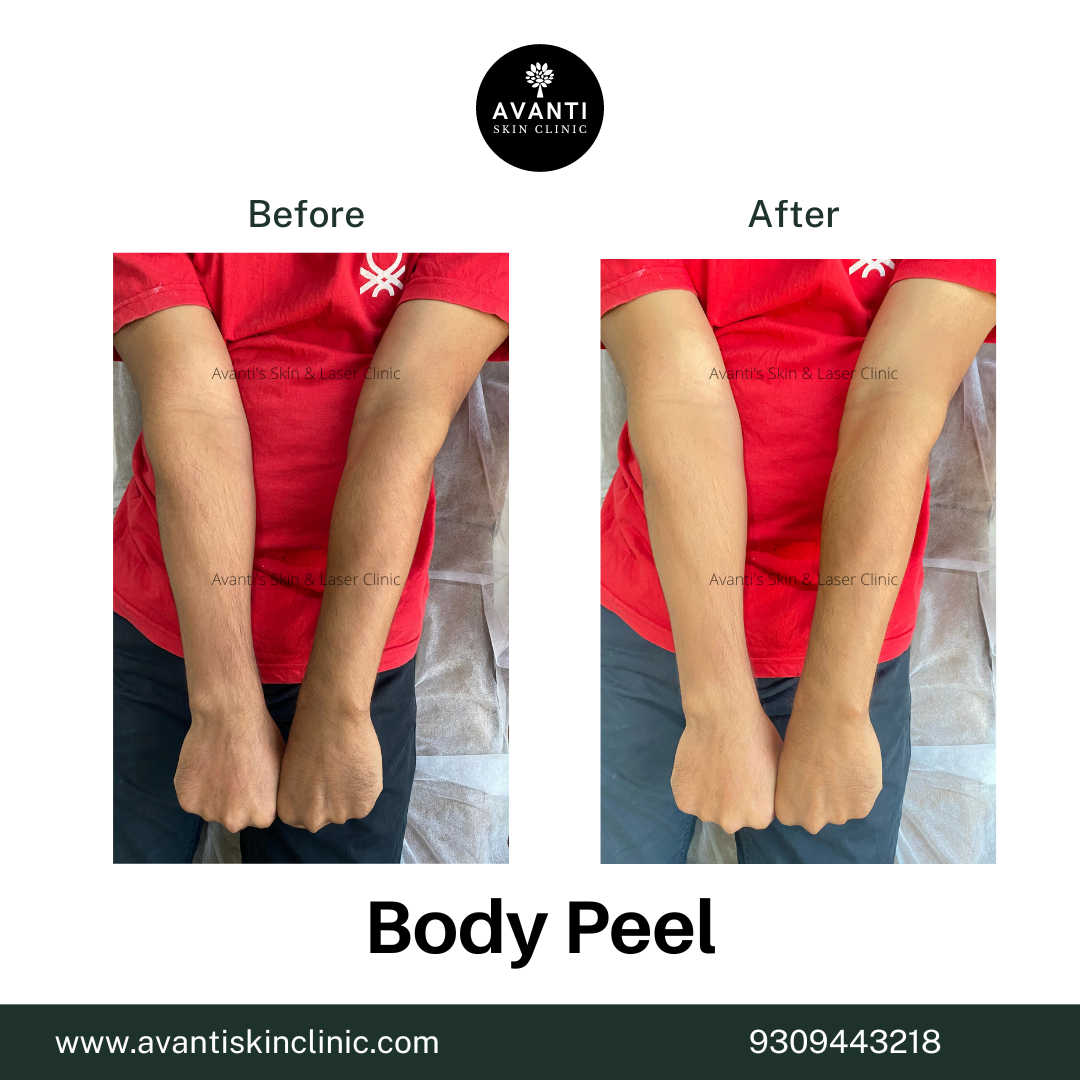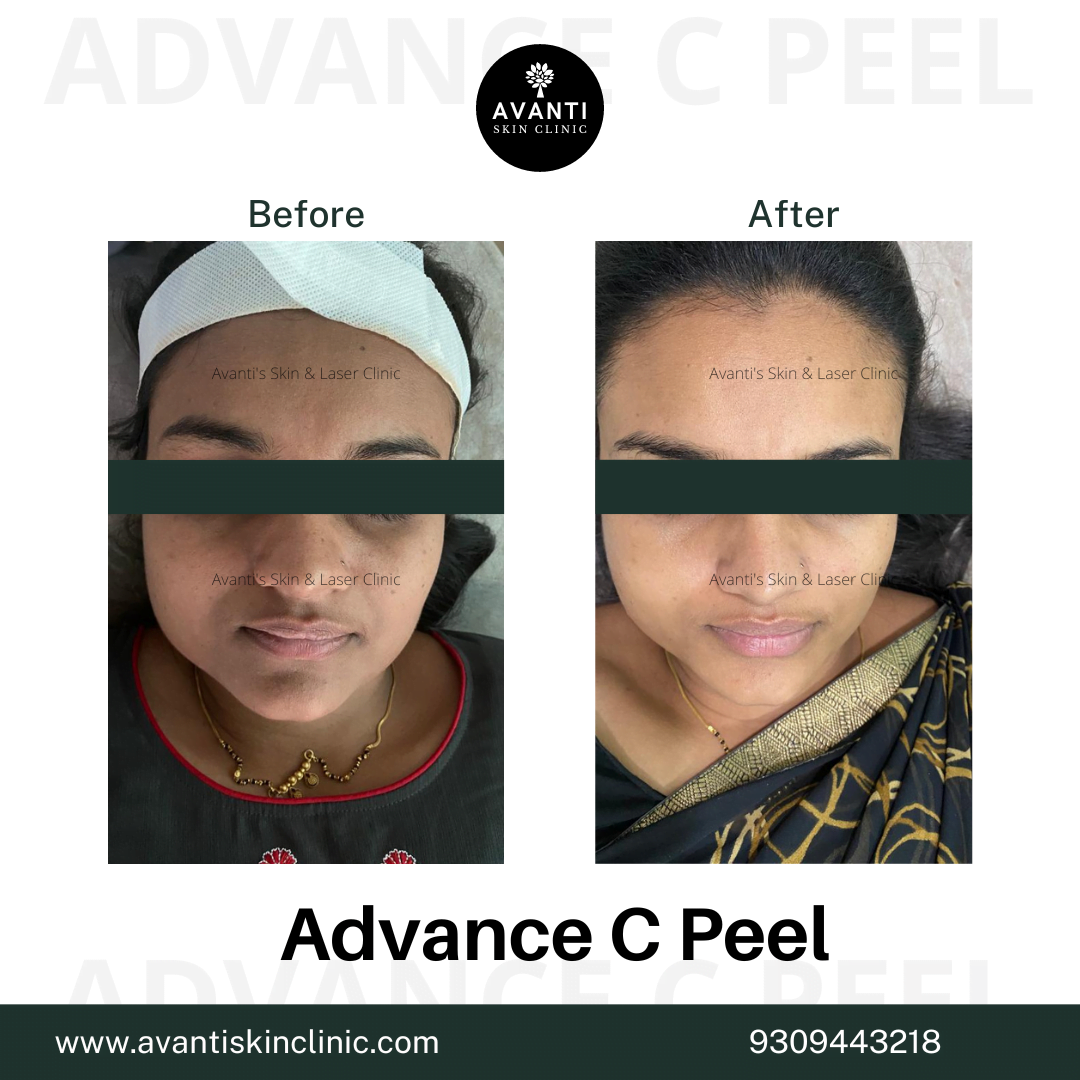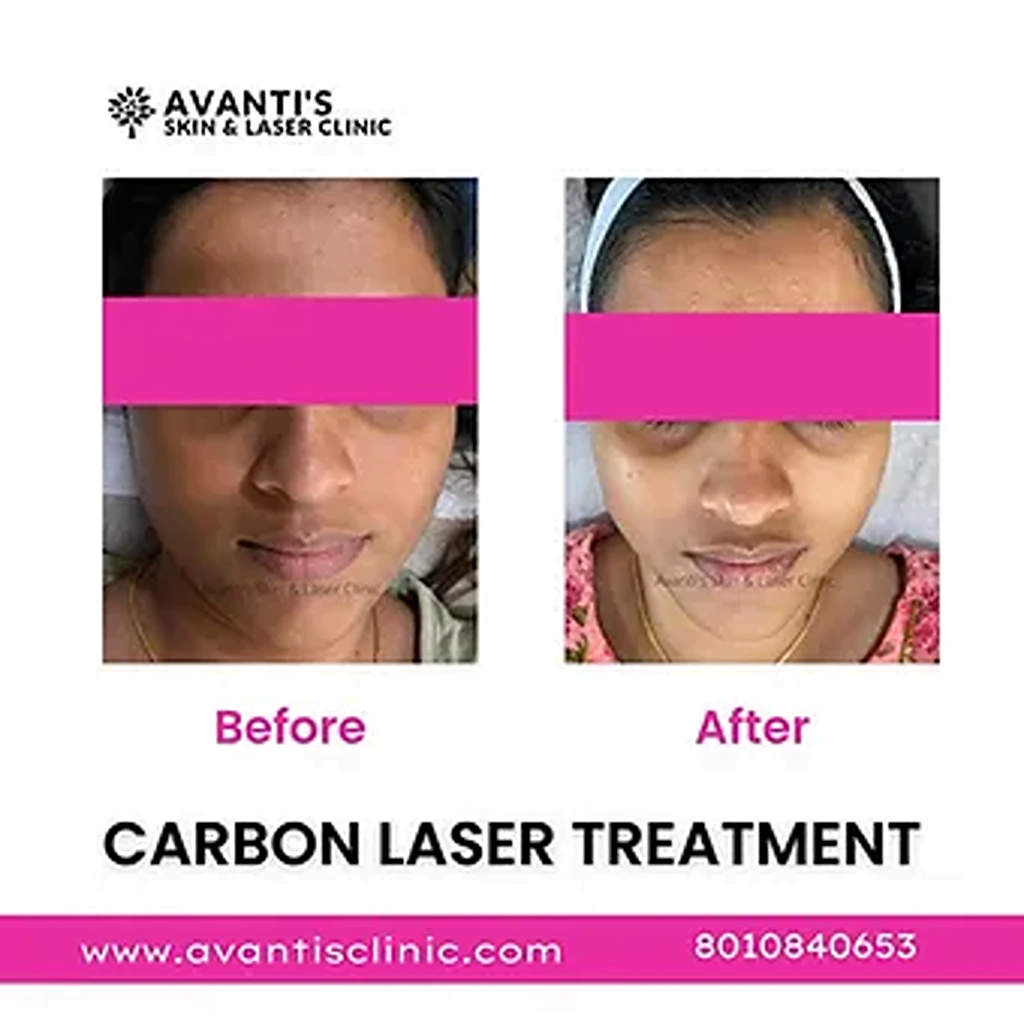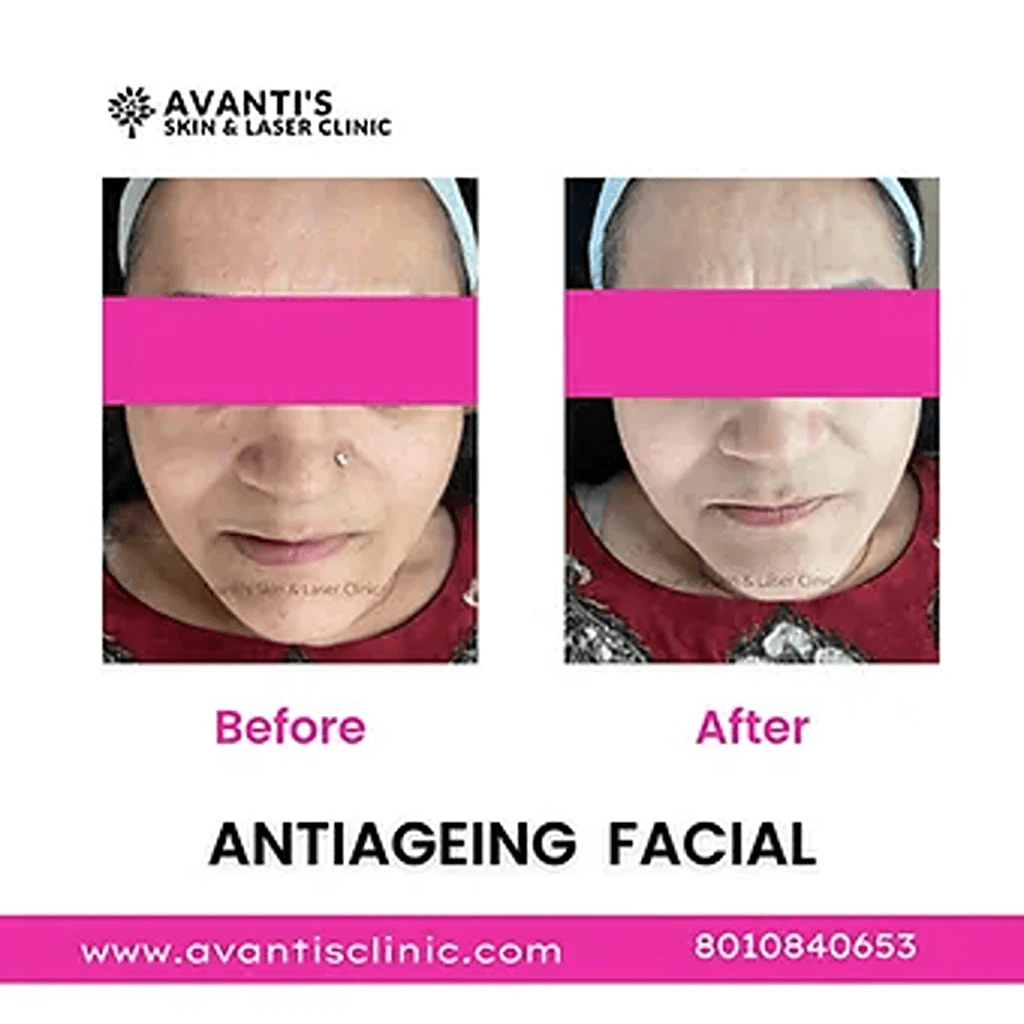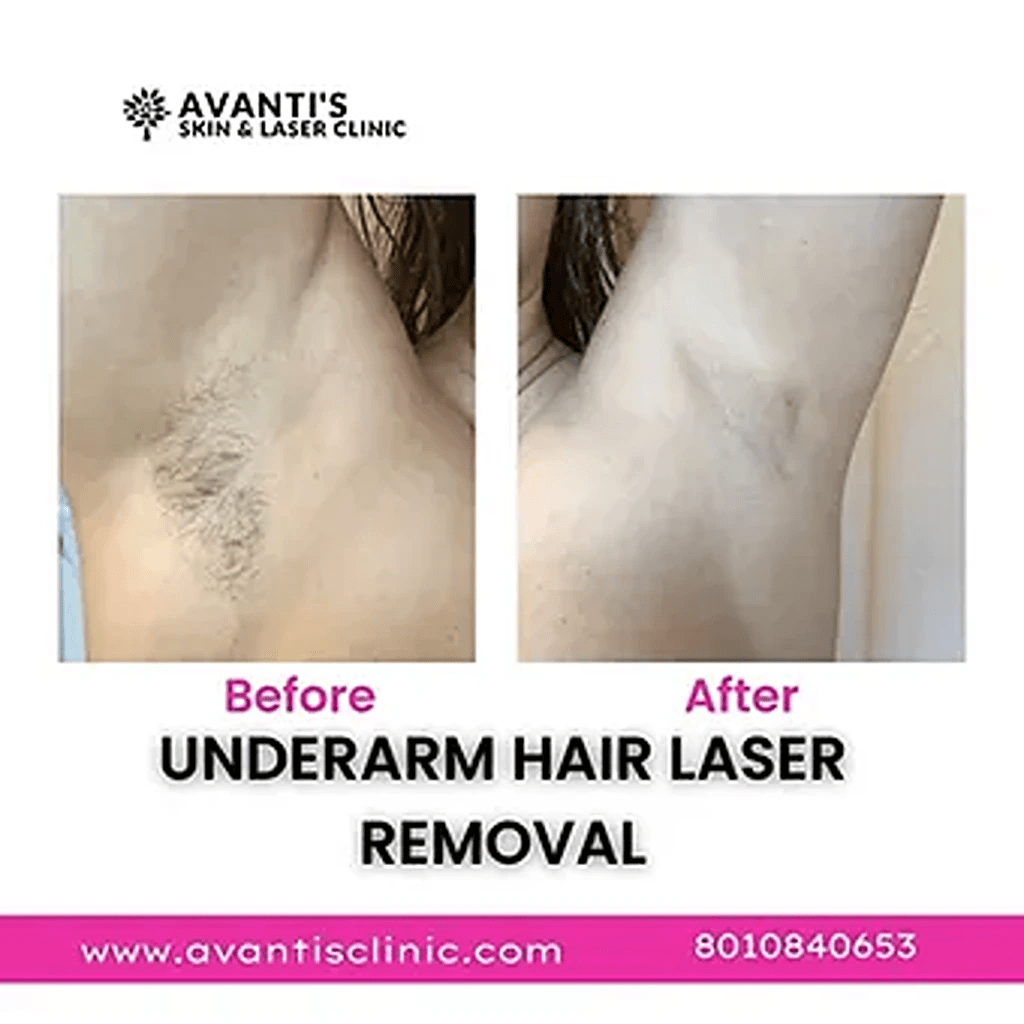Effective Treatments to Manage and Treat Oily Skin
Oily skin can be challenging to manage, but with the right approach, it’s possible to control excess sebum production and maintain a clear, healthy complexion. This article will guide you through how to treat oily skin, identify its signs, and explore why seeking professional help is essential for effective skin treatment for oily skin.
How to Identify Oily Skin
Before diving into treatments, it’s crucial to determine if your skin is oily. Here are some key signs:
- Shiny Appearance: Your skin, especially on the T-zone (forehead, nose, and chin), appears excessively shiny throughout the day.
- Frequent Breakouts: Oily skin often clogs pores, leading to acne, blackheads, and whiteheads.
- Large Pores: Enlarged pores, particularly in the T-zone, are a common trait of oily skin.
- Greasy Feeling: Your skin feels slick or greasy, even shortly after washing.
- Makeup Issues: Makeup tends to slide off or wear unevenly on oily skin.
Why It’s Important to Take Care of Oily Skin
Neglecting oily skin can lead to numerous complications, such as:
- Acne Breakouts: Excess sebum can clog pores, resulting in persistent acne.
- Skin Infections: Oily skin, if not managed, becomes a breeding ground for bacteria, worsening breakouts.
- Premature Aging: Oily skin left untreated can weaken the skin barrier, making it prone to wrinkles and sagging.
- Loss of Confidence: Dealing with greasy, acne-prone skin can negatively impact your self-esteem.
Taking timely measures and adopting a proper greasy skin treatment routine is essential for maintaining skin health and preventing these issues.
Important Facts About Oily Skin
Oily skin, while often seen as a skincare challenge, has unique characteristics that make it different from other skin types. Knowing these facts can help you better understand and manage your skin:
1. Sebum Production is Essential
Oily skin is the result of overactive sebaceous glands that produce an excess of sebum (oil). While sebum is necessary to keep your skin hydrated and protected, too much of it can clog pores and lead to acne.
2. Oily Skin Ages More Slowly
The natural oils in your skin act as a barrier against environmental aggressors, helping to delay the appearance of fine lines and wrinkles. This is one advantage of oily skin compared to dry skin.
3. Diet Can Influence Oiliness
What you eat affects your skin. A diet high in refined sugars, dairy, or greasy foods can trigger excess oil production and make oily skin worse.
4. Oily Skin is Often Genetic
If oily skin runs in your family, you are more likely to have it as well. Genetics play a significant role in determining your skin type.
5. Weather Impacts Oily Skin
Humidity and heat can exacerbate oil production, making your skin feel greasier. On the flip side, cooler weather might reduce oiliness but still require moisturizing.
6. Oily Skin Needs Moisturizer Too
Contrary to popular belief, skipping moisturizer can make oily skin worse. When deprived of moisture, the skin compensates by producing even more oil.
Understanding these facts is the first step toward effectively managing oily skin and maintaining a healthy, balanced complexion.
Conditions or Issues You Should Be Aware of if you have Oily Skin
Oily skin comes with its own set of challenges and conditions that require attention. If left unmanaged, these issues can escalate and impact your skin’s health:
1. Acne
Excess oil clogs pores, leading to blackheads, whiteheads, and inflammatory acne. Oily skin is particularly prone to acne outbreaks, making regular cleansing and treatment essential.
2. Enlarged Pores
Oily skin often leads to the appearance of large pores, which can trap dirt, bacteria, and oil, further aggravating breakouts.
3. Shiny or Greasy Appearance
The constant overproduction of sebum results in a shiny or greasy complexion, which can be challenging to manage throughout the day.
4. Seborrheic Dermatitis
This condition causes red, flaky, and oily patches on the skin, particularly around the nose, eyebrows, and scalp. It is more common in individuals with oily skin.
5. Makeup Longevity Issues
Oily skin often causes makeup to slide off or look patchy within hours of application, making it difficult to achieve a long-lasting finish.
6. Sensitivity to Products
Oily skin can react to certain skincare ingredients, leading to irritation or increased oil production. Choosing the right, non-comedogenic products is vital.
Professional Treatments for Oily Skin
Chemical Peels:
These exfoliate the skin deeply, unclog pores, and reduce sebum production.
Laser Treatments:
Targeted lasers control excess oil and reduce acne scars.
Microdermabrasion:
This non-invasive treatment removes dead skin cells, leaving the skin smooth and less greasy.
HydraFacial:
A gentle yet effective option for cleansing and hydrating oily skin.
Customized Skincare Regimens:
Dermatologists design tailored routines for effective skin treatment for oily skin.
Why Professional Help is Necessary
Professional guidance is essential for managing oily skin effectively. Here’s why:
- Customized Solutions: A dermatologist can identify your skin type and recommend targeted treatments.
- Prevent Long-Term Damage: Professional treatments can prevent complications like scarring or hyperpigmentation.
- Access to Advanced Treatments: Experts use medical-grade products and technology unavailable over the counter.
- Accurate Diagnosis: Not all shiny skin is oily; professionals can diagnose and treat underlying conditions.
Seeking help for how to treat oily skin ensures you receive long-lasting results tailored to your skin’s needs.
How Avanti Skin Clinic Can Help
At Avanti Skin Clinic, we specialise in providing advanced treatments for oily skin. Our expert dermatologists offer a range of professional options, from chemical peels and laser therapy to customized skincare routines. Our solutions aim to balance sebum production, minimize breakouts, and restore your skin’s natural radiance.
Our treatments for skin treatment for oily skin are tailored to meet your specific concerns, ensuring you enjoy clearer, healthier skin. Schedule a consultation with our specialists today and take the first step toward managing your oily skin effectively.
Frequently Asked Questions
If you experience persistent acne, enlarged pores, or greasy skin that doesn’t improve with over-the-counter products, professional help is recommended.
While treatments can significantly reduce oiliness, they aim to manage rather than eliminate sebum production, ensuring long-term skin health.
Treatments like chemical peels, laser therapy, and customized skincare regimens are highly effective for managing greasy skin.
Professional care offers medical-grade solutions tailored to your skin type, providing faster and more sustainable results than home remedies.
When performed by certified dermatologists, treatments are safe and have minimal side effects. Always consult your doctor for personalized advice.

